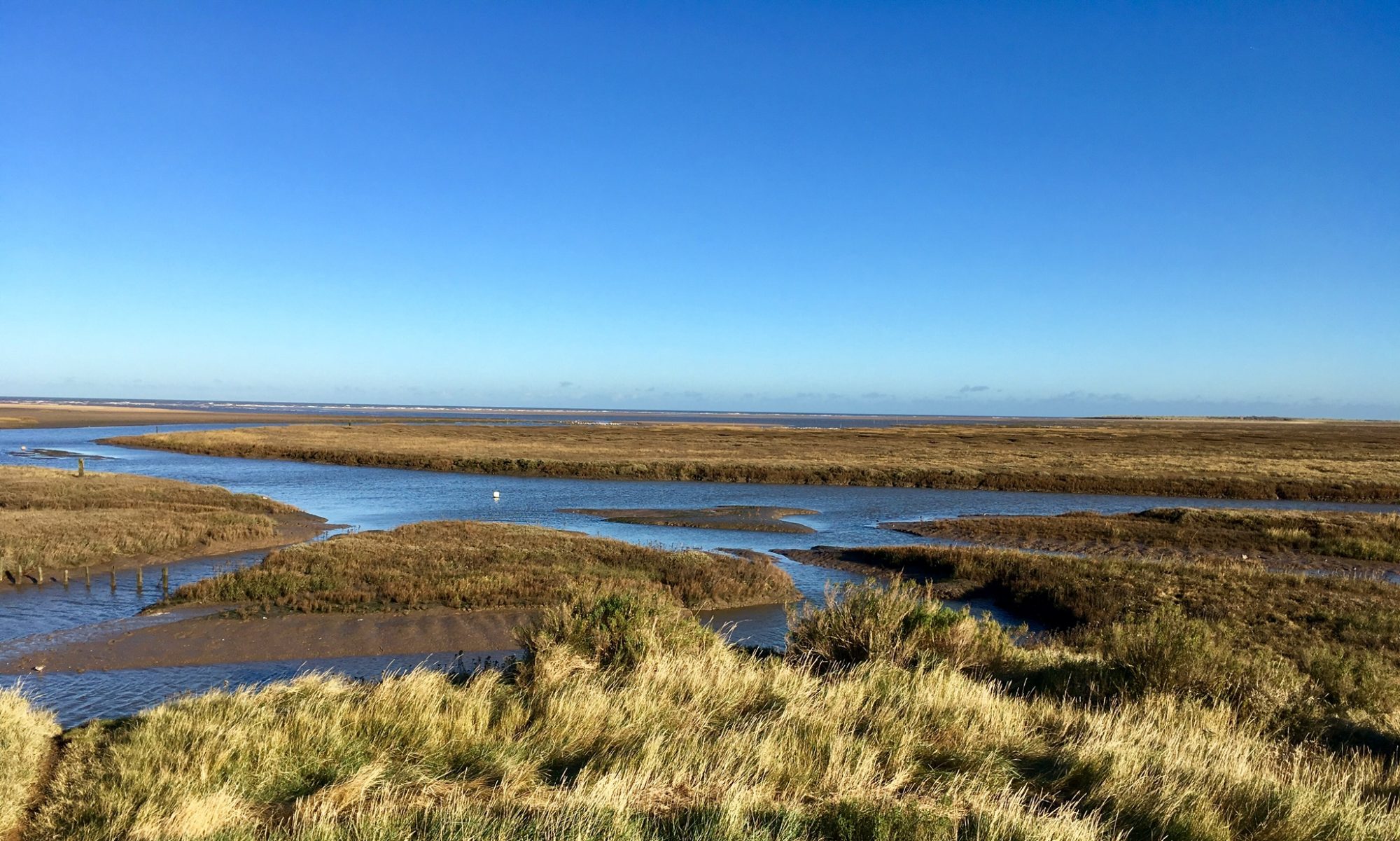Plough Monday
Plough Monday can be traced right back to medieval times. It traditionally saw the return to work after the break for Christmas, especially in northern and eastern England. The traditions for Plough Monday varied from village to village. Plough Monday was originally the first Monday after the twelfth day of Christmas, 6 January. Epiphany.

A unique tradition
The tradition very nearly disappeared during World War 1 and then again in the Second World War. Credit is due to the players and the landlords of both village pubs for upholding this unique tradition.

Plough Sunday
Naturally, the day before Plough Monday is not surprisingly known as Plough Sunday. This tradition more often than not, now takes place in Clayworth, North Nottinghamshire, on the third Sunday of January.

The death of the earth
In medieval times and in the dead of winter it was thought that the earth ‘died’ and there was a possibility that nothing would ever grow again. It was difficult to believe that the earth would ever wake up and again provide food..
A battle between Light and Dark, Good and Evil, Life and Death
I am lucky enough to live in the village of Clayworth in north Nottinghamshire, England where the most well-known of these plays still takes place. The ‘script’ is usually a bit of nonsense but has a hidden, topical message somewhere within. A pretend battle is fought between Light and Darkness. Darkness is killed and then brought back to life by some miracle. The death of the Old Year and the arrival of the New Year is symbolised in this tableau.
The village pubs
This year the play was performed as usual in the surrounding villages on the Friday before Plough Sunday.
The Blacksmith’s Arms in Clayworth https://www.blacksmithsclayworth.com/ and the Brewers Arms, also in Clayworth, http://www.brewersarmsclayworth.co.uk/ both play host to the Plough Play on Plough Sunday.


It gets very busy
The bar at the Brewers’ begins to fill from 12.15pm and by 12.45pm when the players arrive, it is absolutely heaving. Get there early, get a drink and a seat… and if you think ahead book for Sunday lunch, you won’t be disappointed.
Old Eezum-Squeezum
A fiddler and an accordionist enter the pub, followed at different times by the players: the Clown, the Plough ‘boy’, the ‘Horse’, the Soldier, Old Eezum-Squeezum (sometimes known as Beelzebub), and the Doctor. Sounds bizarre and yes it is, but highly entertaining and amusing with rhymes and short songs which have been passed down through the years. There is even a sword dance!
It was once common for those who took part in these plays to blacken their faces as a disguise. They might also include something to associate with nature in their costumes such as a flower or feathers.

3D9E7B1B-7177-407C-B39D-7B9C81EDEEFF
Click here for a taster

It’s a miracle!
The climax of the play is the fight between Light and Dark, Good and Evil, Life and Death. It culminates in the slaying of Darkness (Old Eezum-Squeezum) – who is usually brought back to life by ‘the Doctor’ – and everyone lives happily ever after – with a pint in hand!

Good luck, fertility and wealth
The play brings together farmers and villagers. The purpose of the play is to bring luck, fertility and wealth. You need to be there in order to get your share, so put the date in your diary for 2020!


Lovely to find your blog Sharon! I love this entry and all the photos. Looking forward to this year’s plough play x
Hello Joanna
Thank you for your lovely comments! I do enjoy doing the blog… but I don’t give it as much attention as perhaps I should. We’re looking forward to the Plough Play too – we went to the Brewer’s last year, wondering if we should see what happens at the Blacksmiths this year?
Sharon x
you should also come along to the Boart club at about 9pm on Friday 17th always a good performance
julian (The Doctor)
Thank you for letting me know and for visiting my blog.
Friday 17th
Blue Bell @ Lound 7:20pm
Blacksmiths @ Everton 8:10pm
Blue Bell @ Gringley 9:00pm
Boat Club @ Clayworth 9:50pm
Sunday 19th
Blacksmiths @ Clayworth 12:00pm
Brewers @ Clayworth 12:40pm
Fantastic. Thank you for this
Shazzie, make yourself known to the ploughboys on Sunday or whenever you see it, we love your article!
Cheers
Bold Tom (TJ)
Hello Bold Tom!
I now know who you are! I met your friend Sean when out walking, I also know Steve Care. I’m glad you liked the article, I wrote one for Rachael Care ‘The Cottage Vegan’ – have a look at it. My blog keeps me out of mischief – let me know if you need anything writing ?… See you next Plough Sunday.
Sharon